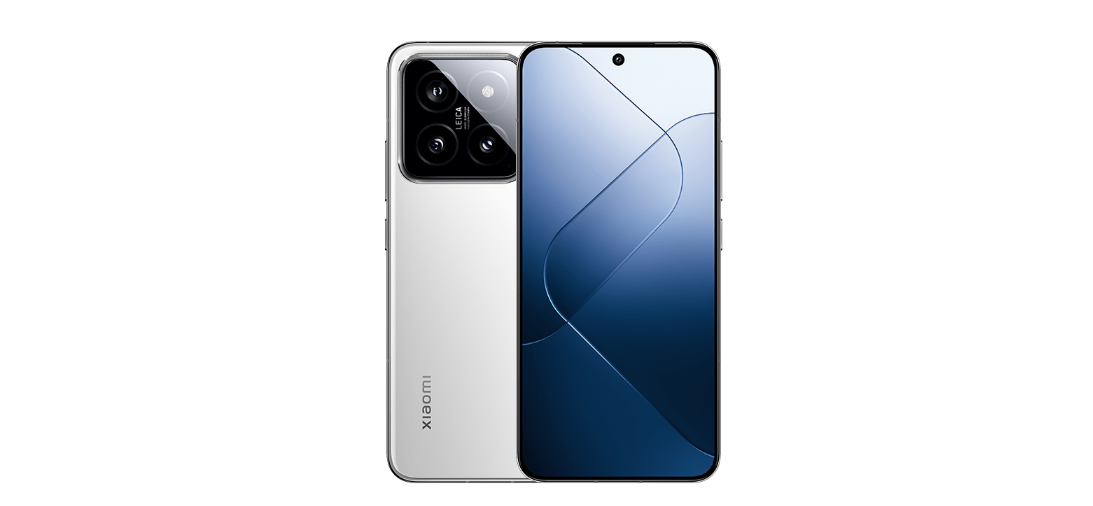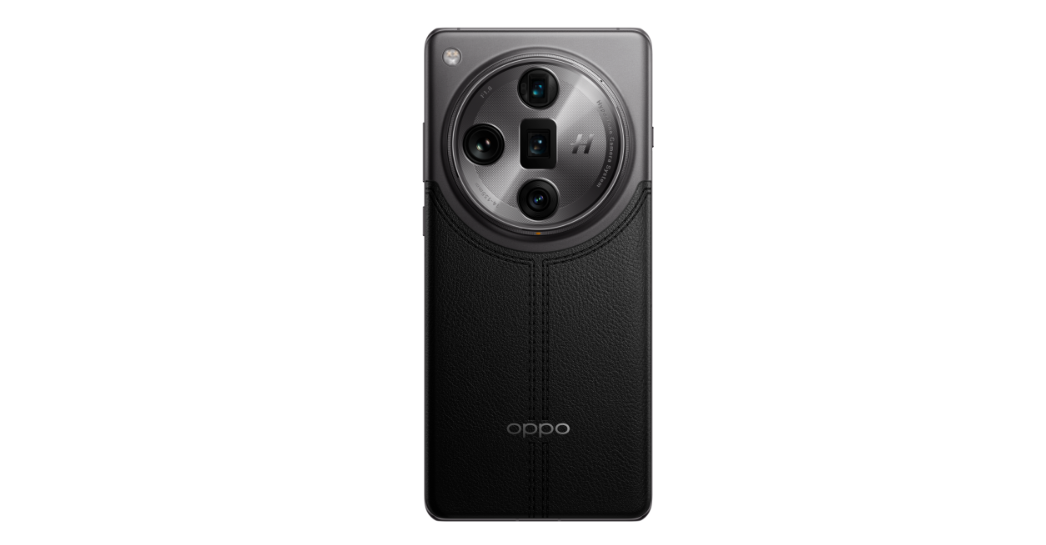Qualcomm's latest self-developed technology has been exposed, and Android mobile phone games are about to receive a significant upgrade!
![]() 07/01 2024
07/01 2024
![]() 669
669
In recent days, there has been a domestic mobile phone that has gained considerable popularity online, which is the OnePlus Ace3 Pro. The biggest feature of this phone is its support for native 120 frames in games. The official claims that it is currently the only Android phone that supports this technology, and that is indeed the case. Since the OnePlus phone performs well with this technology, other manufacturers are naturally not going to miss out on similar technologies. However, it is unlikely that they will develop it independently. As a result, Qualcomm has stepped in. According to breaking news, Qualcomm plans to launch its self-developed GPU frame interpolation technology on the Snapdragon 8 Gen4, which will significantly upgrade the mobile gaming experience.
In fact, just from the name, frame interpolation is not really a new technology. Many phones today support it. It uses an independent display chip to compensate for frame rate deficiencies, which can indeed help improve the smoothness of the image. However, there are also drawbacks. Since it increases the workload of rendering, the device's power consumption also increases, leading to more severe and rapid heating. If the hardware performance is slightly lower, it may even cause lag, and there may be delays in operation. Therefore, some phone manufacturers are quite cautious about whether to support frame interpolation.

But native high frame rates are different. They do not need to increase the GPU rendering burden, basically achieving 0 delay, and the experience will be much better. That's why the OnePlus Ace 3 Pro's support for native 120 frames has attracted so much attention. As a chip supplier, if Qualcomm can solve the problem from the source, it can save phone manufacturers a lot of trouble. Of course, this is not to encourage phone manufacturers not to develop independently, but from a practical perspective, some technologies do not necessarily need to be developed independently. Moreover, it is impossible for a phone to achieve complete independent development, even for top manufacturers like Samsung, Apple, and Huawei. Other smaller manufacturers are even less likely to do so.
Qualcomm's plan to launch GPU frame interpolation technology on the Snapdragon 8 Gen4 is significantly different from the frame interpolation technology supported by many current phones. The most important difference is that the delay is significantly reduced, and the user experience is comparable to native high frame rates. This is definitely a much-desired technical solution for Android phone manufacturers. Even for games that require higher mobile phone load, they can still achieve high-definition graphics quality and 120fps high frame rates.

Moreover, not only the Snapdragon 8 Gen4 supports this technology, but the 8 Gen3 and 8s Gen3 also do, meaning that Snapdragon chips have supported this technology from the source. The reason why it has not been released may be due to immature technology or incomplete related testing. Of course, there may also be considerations related to chip marketing strategies. This will add an important selling point to the Snapdragon 8 Gen4, making it more reassuring for many phone manufacturers to use.
It is estimated that after the Snapdragon 8 Gen4 has exclusive access for a period of time, and based on the hints from the leaker, this exclusive time may be relatively long. When the restrictions on the 8 Gen3 and 8s Gen3 will be lifted really depends on Qualcomm's mood. As for whether the 8 Gen2 and earlier chips also support this technology, the leaker has not provided any explanation. Personally, I believe they should not support it, and the main reason is probably that the chip performance does not meet the standard. Several top manufacturers have confirmed that they will be among the first to use the Snapdragon 8 Gen4, meaning that the gaming performance of Android's top flagships will be significantly improved this year.

For users who enjoy playing mobile games, this year's top flagships are indeed worth looking forward to.








